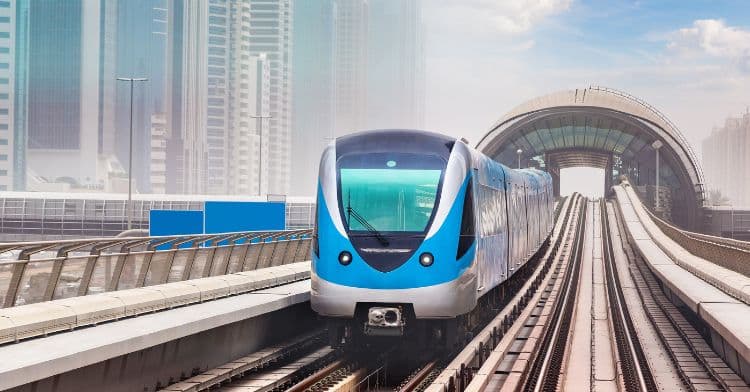According to an analysis by the GSMA, approximately 25% of all electricity purchased for the worldwide mobile industry is now derived from renewable sources. This indicates that operators are making major strides in order to achieve their net zero goals.
According to the industry association’s annual Mobile Net Zero report, there has been a dramatic improvement from last year – 18% of electricity is now sourced from renewable sources compared to 14% in 2020. This constitutes a “meaningful uplift” that signals great progress towards sustainability goals.
Operators have recently implemented a variety of advantageous policies that are proving to be beneficial, such as energy optimization via 5G technology and the retirement of energy-inefficient legacy networks. Additionally, significant investments have been made in fleets of electric vehicles, which serve as another example of progress being made. The study revealed all these positive developments taking place.
In addition to the action taken by operators, major vendors have also been instrumental in making their supply chains more sustainable, according to this report.
According to the GSMA, it is essential for ecosystem stakeholders to take action since most of the mobile operators’ emissions come from their supply chain.
A rising number of operators have pledged to use scientifically founded targets that seek to reduce their direct and indirect carbon emissions by 2030, requiring the transition from non-renewable sources. Moreover, numerous companies made a commitment to reach net zero emission levels by 2050 or sooner.
In response to the report, John Giusti of GSMA CRO highlighted that both environmental and economic advantages stem from taking climate action. Mobile operators are showing strong leadership in this regard – already achieving a quarter of their electricity supply through renewable energy sources alone. We must move beyond setting targets, and into tangible steps toward resolving these issues.



















